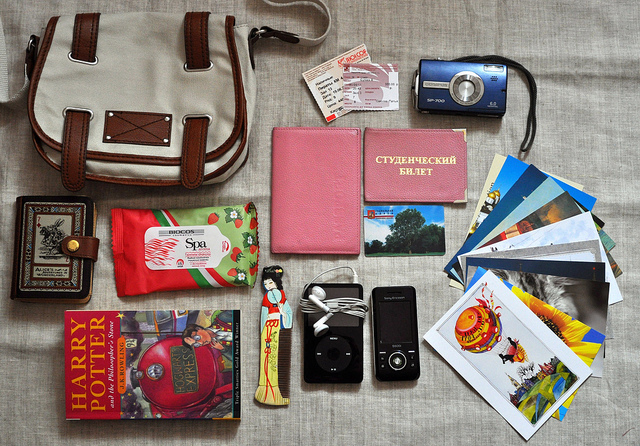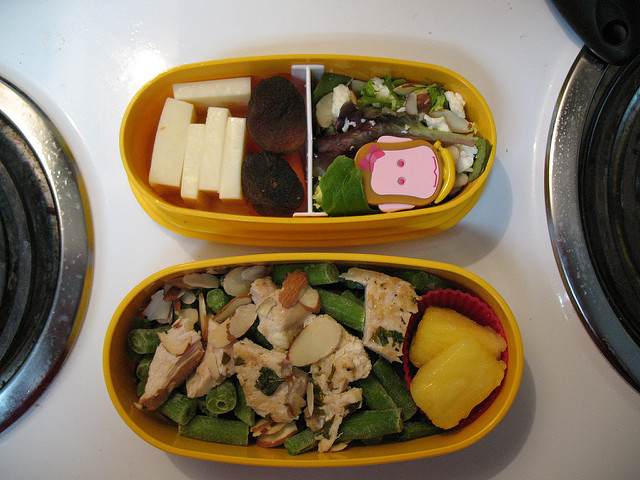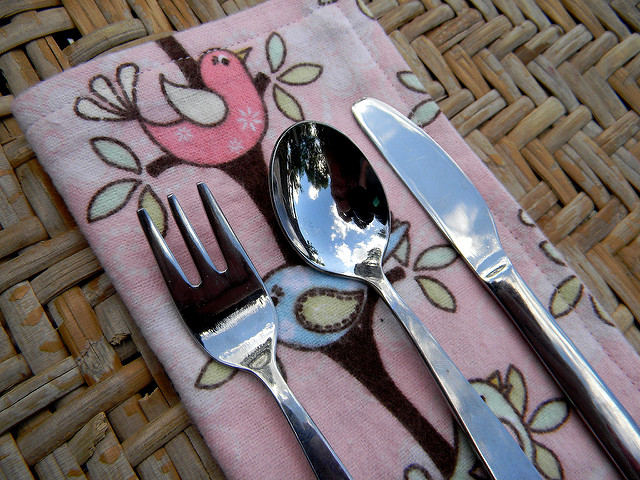
One could wonder if maybe the global warming and pollution would be a lot less of a problem if we simply didn’t travel, living the happy life of the past when one’s world revolved around a few square kilometers.
Developing technology, worldwide media, entertainment, and many more, have turned us into travel-addicts. We ignore the beauty of nature a few kilometers away from our homes and embark on a never-ending chase for all the other wonders our planet has to offer. We forget to see the beauty of the sunrise in the morning and the jaw-dropping landscapes our immediate surroundings have to offer. We only take the time to enjoy what is around us when we go on our long anticipated holidays. Why do we only take the time to finally appreciate what is around us in a foreign setting?
#1 Whenever you can, travel close

There is no denying that you won’t find a centuries-old Buddhist monastery in the middle of the French countryside and that through travelling, there is much to discover that would be out of reach in our home countries. However, on many instances in which travelling is all about laying on the beach in the sun, partying all night long, or seeking a relaxed resort where you can do nothing but be taken care of by other people, being thousands of miles away can matter very little.
Think about offsetting but don’t let it fool you
What I am getting at, as you have probably figured out by now, is that travelling is, by default, eco-unfriendly. Planes are the worst but cars and trains also have an impact which should not be neglected. Carbon credit systems, tree-planting, and other such ideas are put in place in order to offer a more eco-mindful way out of a truly awful environmental track record. Unfortunately, they are not satisfactory solutions to make up for your pollution. This is why, to a large extent, one must weigh the added-value of travelling somewhere far away before making a decision on their holiday destination.
That being said, I am the first one to hop on a plane and travel to the other side of the world to discover the wonders of nature, human civilizations, or just for work… I am therefore not trying to write an article to shame and blame all the world travelers, far from it! It needed to be said before I can suggest ways to decrease the amount of waste one produces and share with you some insights. I have gained knowledge on the little things that can be done here and there to ensure that while you still live your life in the 21st century, you respect the nature and our planet as much as possible, wherever you are, and I will share it with you now.
#2 Travel kit

This one is a must have… and not just for travelling. So many places, and interestingly enough, a large number of the “do-good” organic food places that pop up everywhere nowadays, don’t want to deal with cutlery anymore and give you disposables. Coming unprepared will force you to use them and you might feel bad about it. Well don’t, just treat it as a reminder and a valuable lesson. When you are planning to go out, pack your “going away” kit. Mine is very simple - I have a fork, a knife (maybe don’t try to carry it through the airport security…), 2 spoons, and 2 table clothes. If I know I will be eating with someone, I even pack extras so that the other person doesn’t have to use the reusable cutlery. I get a little educational and put on a moralising vibe as a bonus, because who doesn’t like to feel proud, right?
As I said, I travel a lot and back in time I used to get a lot of the toiletry kits some airlines would give during the long flights. This means that I have a huge pile of those pencil-case-type little baggies and I was wondering what to do with them. Well one of them is now the proud holder of my previously mentioned kit, up cycling like a boss, me likey!
#3 Food and drinks

Cook and pack what you need, don’t plan on buying on the go. You will save a lot of money (airports, train stations, and gas stations are expensive…), you will probably eat better, and of course, you will be able to limit the amount of the waste you produce.
Now I know what might come up in a discussion about this, especially when flying. How can you bring liquids to an airport? How to overcome security checks? Well, first of all, security doesn’t care about food, especially if it is a sandwich and a pack of crisps. When it comes to drinks, water bottles are your friends, as always. So bring in an empty water bottle through security and fill it up in the toilet sink afterward. It will also be handy many times during your trip and will save you from buying quite a few plastic bottles.
#4 More reusables! No excuses…

Napkins
One of the first habits to change when trying to live a more waste-free life is to switch to reusable napkins. Bring several, as they can get dirty pretty quickly. Get pretty ones and you will look super cool while being ecological, win-win!
Bags
Always, and I mean ALWAYS, have a bag (or better, a set of bags) with you when travelling. It is the easiest thing you can do to limit your consumption of disposable items. Space is limited in luggage, for sure, but the now hyper fashionable tote bag is great for that. It has a lot of space but can be folded into the size of the palm of your hand.
Cups
That one can be tricky, it does take quite a bit of room. What I am experimenting with at the moment is collapsible/foldable cups. Yes, you heard me. There are metal foldable cups and there are ones made of silicons or such. They are great to save space and can be pretty handy.
Use your imagination
We all have different habits, only you can design what actions would work best to limit your usual production of waste. Take a minute to think about the most common situations when you use disposable items and see what you can bring along with you in order to change that.
Never forget, every little thing counts. Even buying a couple of reusable napkins is not meaningless, all the paper napkins you won’t use... our planet and our society are better off without them! Don’t sell yourself short, give yourself a break, and just do your best!
So long,
Marty Jeeper
The article simply represents the author’s perspective and as such, it is not meant to represent the ESNblog and Erasmus Student Network as a whole.
The article was originally published on likeachimp.com.
